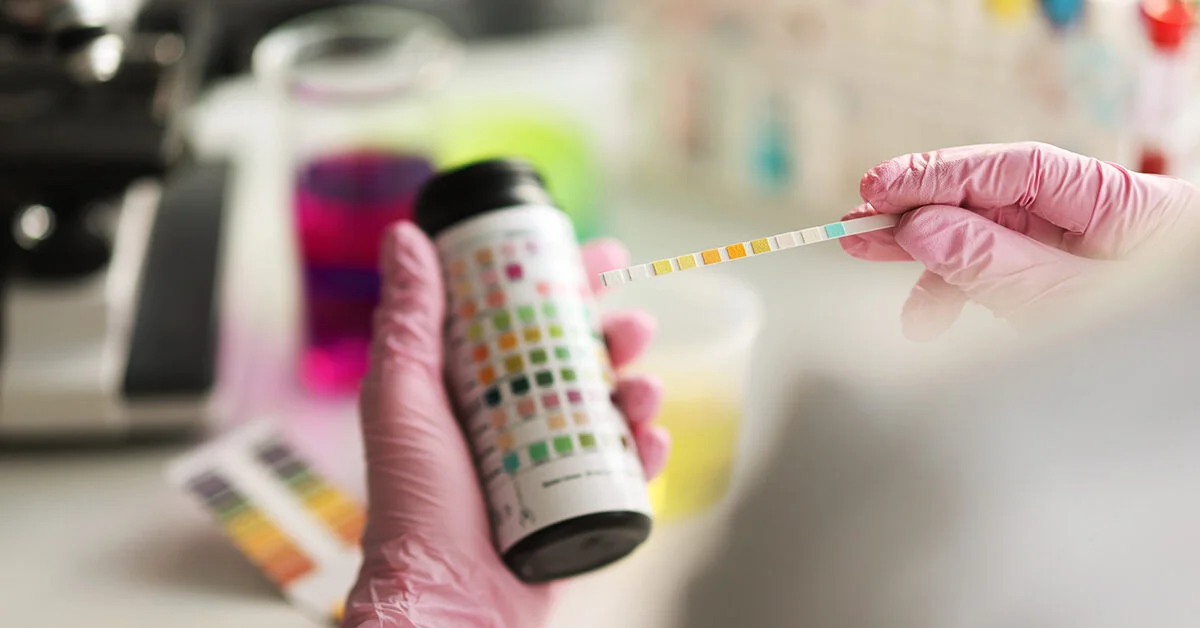In recent years, synthetic urine has become a hot topic of discussion, especially in the context of drug tests and screenings. As technology and innovation continue to advance, so does the quality and complexity of synthetic urine products. But the question remains: Is it truly undetectable? In this comprehensive guide, we will delve into the world of synthetic urine, exploring its uses, effectiveness, and the methods employed in drug testing. Whether you’re a curious individual or someone seeking ways to navigate drug screenings, this article aims to provide you with valuable insights and clarity on this intriguing subject.
What is Synthetic Urine?
Synthetic urine, as the name suggests, is a laboratory-created alternative to natural human urine. It is designed to mimic the chemical composition and physical properties of real urine, making it indistinguishable to standard drug tests. Initially developed for medical research and calibration purposes, synthetic urine has found its way into the market as a potential tool to pass urine-based drug tests.
The Components of Synthetic Urine
The success of synthetic urine in evading detection lies in its carefully formulated components. Manufacturers ensure that the product contains the essential elements found in natural urine, such as urea, creatinine, uric acid, ammonia, and specific gravity. Some advanced formulations even include foam and odor, adding to the authenticity of the product. The goal is to make it virtually impossible for drug tests to differentiate between real and synthetic urine.
How is Synthetic Urine Used?
While synthetic urine was initially created for scientific purposes, its use has extended beyond the laboratory. Many individuals, faced with urine-based drug tests for employment or other reasons, have turned to synthetic urine as a possible solution. However, it’s important to note that using synthetic urine to deceive drug tests may be illegal in some jurisdictions, and the consequences of getting caught can be severe. It is crucial to understand the legal implications and potential risks before considering this approach.
The Reliability of Synthetic Urine in Drug Tests
The reliability of synthetic urine largely depends on the quality of the product and the testing procedures employed. High-quality synthetic urine, when used correctly, has demonstrated promising results in evading detection in some cases. However, as drug testing technology advances, so does the scrutiny applied to urine samples. Some laboratories have adopted more stringent measures to detect synthetic urine, making it more challenging to rely on this method for passing drug tests.
The Future of Synthetic Urine and Drug Testing
As technology continues to evolve, so will the cat-and-mouse game between drug test evasion and detection methods. The future of synthetic urine remains uncertain, as laboratories are continually refining their testing processes to detect even the most sophisticated attempts to cheat the system. Moreover, the legal and ethical implications surrounding the use of synthetic urine will also shape its future applications and accessibility.
Conclusion
Synthetic urine has undoubtedly sparked interest and debate in recent times. While it has shown potential in evading drug tests, its reliability is not foolproof. As drug testing technology advances, individuals need to weigh the risks and consequences carefully before considering the use of synthetic urine. Moreover, staying informed about the evolving legal landscape surrounding synthetic urine is essential. As we move forward, a balance between personal privacy and maintaining the integrity of drug testing will be crucial to address this intriguing aspect of modern society.




